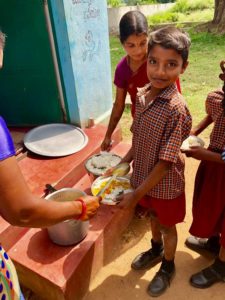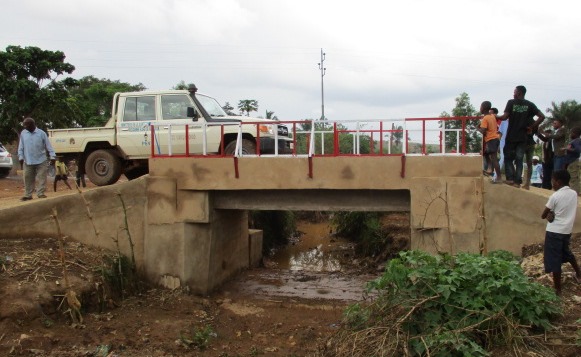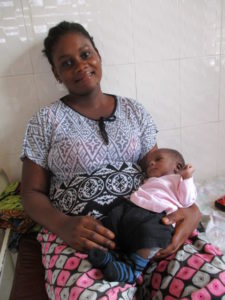 This boy and his classmates living in southern India are enjoying lunch at their school with vegetables grown in their school’s own kitchen garden planted by Anisha’s staff. Almost all of the 23 schools participating in the Kitchen Garden Project has a kitchen garden planted as a demonstration model to teach the students how to plant their own kitchen garden at home. After watching and participating in the garden’s inaugural planting at school, students are all given native seeds to plant. Almost all students return home and start their own organic kitchen garden that brings real rewards to each participating student and their family.
This boy and his classmates living in southern India are enjoying lunch at their school with vegetables grown in their school’s own kitchen garden planted by Anisha’s staff. Almost all of the 23 schools participating in the Kitchen Garden Project has a kitchen garden planted as a demonstration model to teach the students how to plant their own kitchen garden at home. After watching and participating in the garden’s inaugural planting at school, students are all given native seeds to plant. Almost all students return home and start their own organic kitchen garden that brings real rewards to each participating student and their family.
In the rural area of southern India where Anisha is located, marginalized farmers and landless families, often headed by single women, struggle to meet their most basic needs. Approximately 70% of these people are members of the lowest social caste in India and their children often lack adequate nutrition and health care. Without extra support, many of these children drop out of school and become trapped in the child labor sector of the local mining industry.
These families suffer from the results of the Green Revolution of the early 1960s in India. Farmers were encouraged to adopt the use of commercial fertilizers and pesticides, as well as non-native seeds. Soils were depleted across India and many farmers were forced to leave their homelands for slums in India’s major cities.
Susila Dharma USA is proud and happy to report that Anisha has received the third year of funding for its Kitchen Garden Project from the Guru Krupa Foundation based in New York state. The Foundation has given another grant of $10,000 (USD) to Anisha this year (2018/2019) to continue its four-year educational project to teach over 1400 middle school students to grow organic kitchen gardens at their homes. These students live in the Martalli Region of Karnataka State in Southern India. Their families struggle every day with extreme poverty and everything that results from it. They live in a drought-prone area that is also hard-hit by the effects of climate change. Learning to grow small-scale kitchen gardens producing organic vegetables grown from native seeds (initially supplied by Anisha’s own native seed bank) can make a significant difference in improving the standard of living in this area. It can help to stem the flow of farming families that are forced to abandon their homes in India’s countryside and move into the dumping grounds of India’s big city slums.
We are so appreciative of the support provided by the Guru Krupa Foundation to help Anisha do its vitally important work! Please visit their website to learn about their impressive work in both the United States and India – www.guru-krupa.org.




 “What is the Susila Dharma Network?” This question came up in a recent flurry of emails—and it surprised me. It surprised me because I use this term frequently in my writing about Susila Dharma, and I had supposed that everybody knew what it meant. One of our board members thought it meant SDIA, the international Susila Dharma organization. But this is not right.
“What is the Susila Dharma Network?” This question came up in a recent flurry of emails—and it surprised me. It surprised me because I use this term frequently in my writing about Susila Dharma, and I had supposed that everybody knew what it meant. One of our board members thought it meant SDIA, the international Susila Dharma organization. But this is not right.